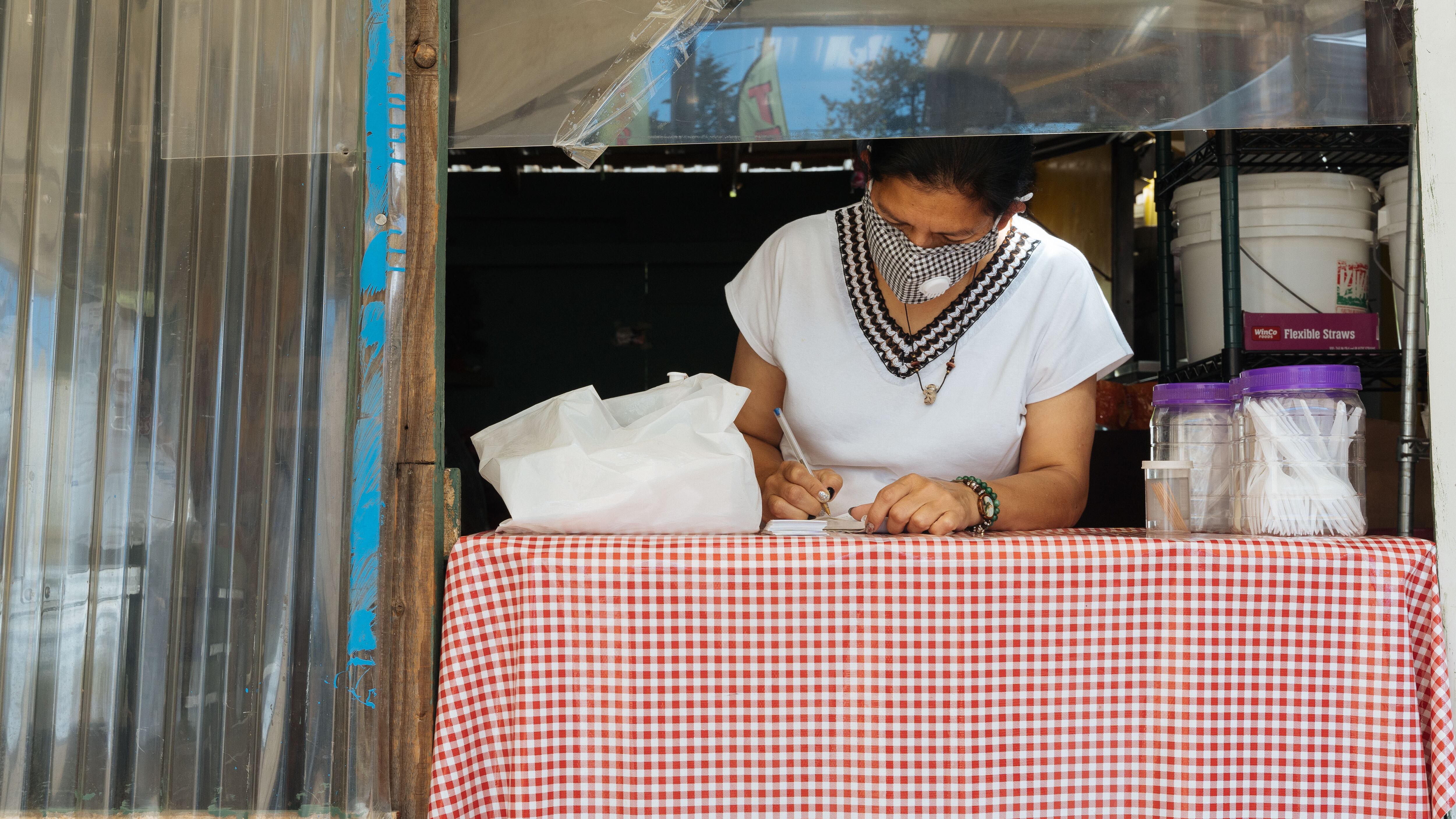WW presents "Distant Voices," a daily video interview for the era of social distancing. Our reporters are asking Portlanders what they're doing during quarantine.
In four months of pandemic, many Oregonians have adopted strange new routines.
Working from home instead of driving to the office. Cooking meals instead of dining out. Paying off credit card debt rather than hitting the bar.
The question that Josh Lehner studies: Will new habits die hard?
Lehner, a state economist, examines how hard the pandemic recession hobbled Oregonians' household finances. As part of our temperature check with people we've interviewed previously in the pandemic, we asked him to evaluate what in March looked like an apocalyptic economic forecast.
He says federal aid and stimulus provided a floor for a lot more people than he expected—and the lack of spending options in an antisocial era led to a rise in people paying off personal debt and a drop in bankruptcy filings.
But is this a fundamental mutation in how people behave or a short-term blip? That question matters in part because it could reshape where people shop, what businesses stay open, and even which cities people decide to call home.
In short, is this a takeout era or a takeout world? That's what WW Editor Mark Zusman asked Lehner.

